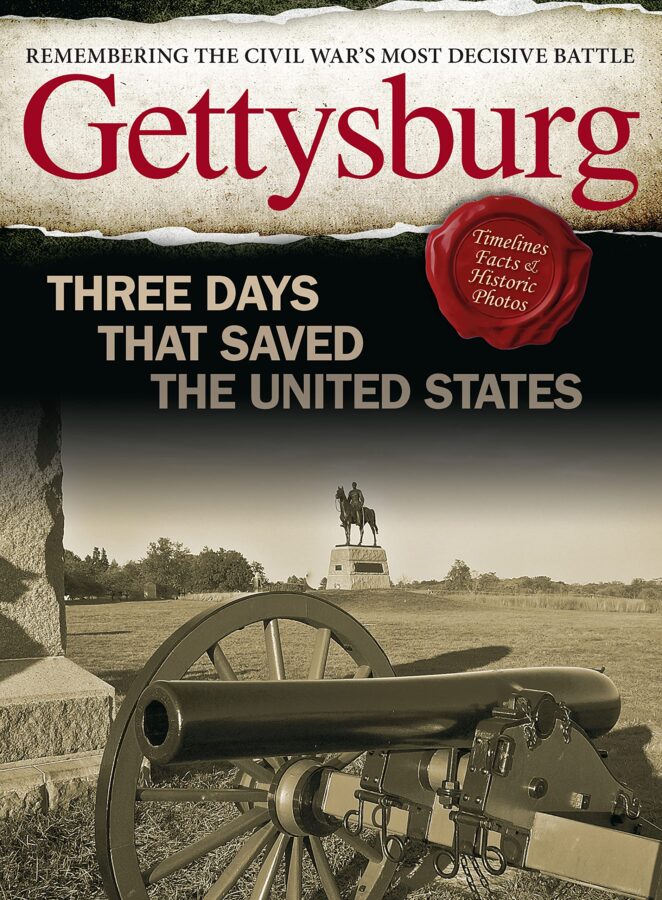Georgia’s Civil War: Conflict on the Home Front by David Williams. Mercer University Press, 2017. Cloth, IBSN: 978-0881466317. $35.00.
 The Civil War was as much a conflict within the Union and Confederacy as it was between the belligerents. These “intra-societal tensions” directly influenced the armies in the field and the outcome of the war. In Georgia’s Civil War: Conflict on the Home Front, historian David Williams examines how the circumstances on the home front in Georgia contributed to the Confederacy’s collapse on the battlefield. Drawing on extensive archival research from governmental and civilian collections, Williams argues that the key to understanding the Confederacy’s loss is the significant desertion rate among soldiers and its toll on the fighting strength of southern armies.
The Civil War was as much a conflict within the Union and Confederacy as it was between the belligerents. These “intra-societal tensions” directly influenced the armies in the field and the outcome of the war. In Georgia’s Civil War: Conflict on the Home Front, historian David Williams examines how the circumstances on the home front in Georgia contributed to the Confederacy’s collapse on the battlefield. Drawing on extensive archival research from governmental and civilian collections, Williams argues that the key to understanding the Confederacy’s loss is the significant desertion rate among soldiers and its toll on the fighting strength of southern armies.
Structured chronologically, the book opens with a chapter on Georgia during the antebellum era. It examines the cleavages within the state among its white slave-owning and non-slave-owning population. These cleavages, the author contends, persisted during the secession debate in the state and well into the war. The next four chapters explore the connection between the home front and battlefront. They focus on the worsening conditions for civilians and why that environment made many soldiers decide to quit their military service. The epilogue discusses the role of Reconstruction and the Lost Cause in achieving success in solidifying a Confederate identity that never fully congealed from 1861-1865.
Williams situates his textwithin the historiographical debate over the reasons for the Confederacy’s failure. Did the Confederacy lose the war on the battlefield, or did a deteriorating economic environment and plummeting optimism make the effective prosecution of the war impossible? Williams asserts that it was the latter. By so doing, he joins other scholars, such as William Freehling in The South Vs. The South: How Anti-Confederate Southerners Shaped the Course of the Civil War (2001) and Stephanie McCurry in Confederate Reckoning: Power and Politics in the Civil War South (2010). Williams shows that a number of constituencies, such as planters and political leaders, made selfish and short-sided choices that undercut morale and the ability of the Confederacy to prosecute the war. Planters’ decisions to devote more acreage to cotton than to corn created a food shortage that exacerbated the desertion problem. Scarcities and unaffordable prices—in large measure resulting from planter-induced market speculation—meant that Georgia families went hungry. Soldiers received word from home about these hardships, which drove them to abandon the military and return to their kin. Public officials, including Governor Joseph Brown, actively opposed and spoke out against the conscription acts enacted by the Confederate Congress. Even some state courts were dubious about the constitutionality of conscription. All of these actions worsened the manpower shortages crippling Confederate armies.
Lower class white families’ struggles to survive and their perception of preferential treatment for planters motivated able-bodied Georgians to refuse reenlistment. Most noteworthy is Williams’ contention that at the root of the desertion and the refusal to fight for the Confederacy was “the Lost Causes’ lack of firm support from most Southerners” (239). Confederate soldiers did not have the will to fight, especially when doing so meant the continued suffering of family members. This argument about the lack of firm support and the statement that “most southern whites had opposed Secession to begin with” (239) will be contested most by Civil War historians who argue that southern resolve remained strong during the war—and even strengthened in the face of the Union’s hard war strategy.
This historical work makes it strongest contribution by emphasizing the absolute necessity of viewing the war from the perspective of the home front. Soldiers, and by extension armies, reacted to what was happening back home. Women, enslaved African Americans, and upper-class planters determined the parameters within which the Confederate military effort would succeed or fail on the battlefield.
Georgia’s Civil War is a clearly argued narrative about life on the Georgia home front during the Civil War and its powerful influence on military affairs. The monograph will appeal to scholars interested about Georgia during the Civil War and the role the home front had in shaping the larger conflict. It would be suitable for use in graduate seminars and upper division undergraduate courses on the Civil War.
John C. Kennedy received his Ph.D. from Purdue University.
